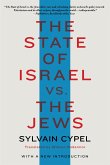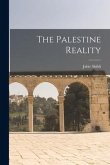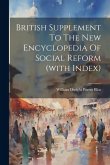"Over the last two decades, the Israeli government has implemented policies for the development of East Jerusalem. These comprise urban revitalization as well as professional training and the promotion of entrepreneurship for the Palestinians. But how do these policies co-exist under Israeli settler colonial power? This book focuses on the contradiction between the rise of neoliberal development in East Jerusalem and the simultaneous continuation of Israeli settler colonialism. It argues that the combination of colonialism and neoliberalism allows for the 'primitive accumulation of capital' to occur permanently through explicitly coercive forms. More than this, based on theoretical research, interviews, and an analysis of race and class relations in East Jerusalem, the book shows that neoliberal development is used to facilitate the reproduction of racial hierarchies, settler privileges and the pacification of the Palestinian residents, where these outcomes are presented as the 'natural' result of market relations. The author calls this environment 'neoliberal settler colonialism' and explores Palestinians' new acts of resistance that exist ambivalently within this structure. A significant theoretical contribution, the study highlights a new settler colonial and neoliberal sociability that co-opts the exploited and oppressed"--
Hinweis: Dieser Artikel kann nur an eine deutsche Lieferadresse ausgeliefert werden.
Hinweis: Dieser Artikel kann nur an eine deutsche Lieferadresse ausgeliefert werden.








